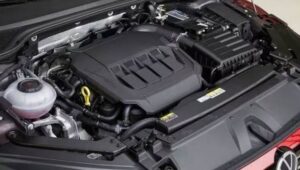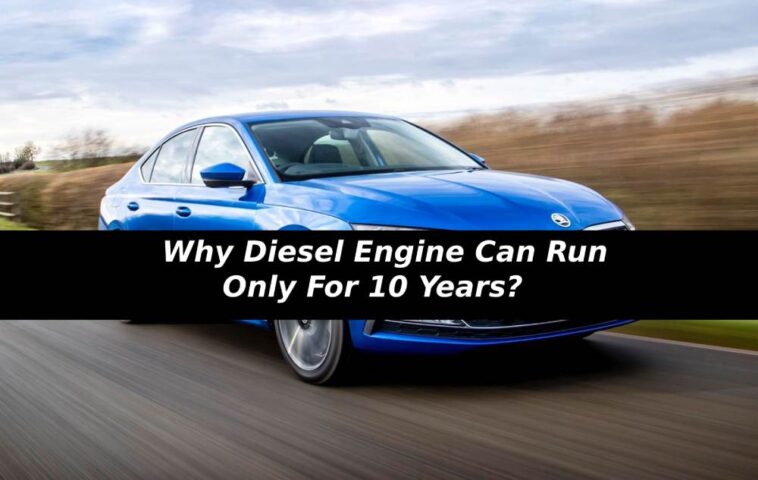Why Diesel Engine Can Run Only For 10 Years? Around yourself, you must have heard people talking about diesel cars and engines where people often choose the same but they also say that the car will only run for 10 years after which it would be banned on the roads. Well, it is not hidden that diesel engines have more power as compared to petrol ones but alongside it has some major disadvantages due to which people often try to avoid buying diesel engine cars. So, today we are talking about the most talked about topic of diesel engine cars and their lives and also, the pros and cons of owning a diesel engine car.
Diesel engines are widely used in many industries due to their durability and efficiency. However, diesel engines used in cars have a limited lifespan of around 10 years. In this article, we will explore the reasons behind this limitation and the pros and cons of owning a diesel car.
Why diesel engines can only run for 10 years?
People can be seen talking that buying a diesel engine car would be beneficial but it will not go much longer in the terms of the time period as it has a life of only 10 years. So, you must be keen to know that why people say the same thing every time. Well, as you all know that if we start talking about the type of engine and fuel then the debate will hardly get an end, therefore, here are several reasons why diesel engines can only run for a limited period of time, including:
Wear and Tear
Diesel engines are known for their ruggedness and durability, but over time, the engine components wear out due to constant use. This wear and tear are unavoidable, and it eventually leads to the engine’s failure. The components that are most commonly affected by wear and tear include the engine bearings, pistons, and cylinder walls.
High Compression Ratio
Diesel engines have a higher compression ratio than gasoline engines, which means that the components are subjected to higher levels of stress. This increased stress can lead to a higher risk of engine failure, especially as the engine gets older.
Fuel Injection System
Diesel engines use a high-pressure fuel injection system, which is critical for proper engine operation. However, this system can also lead to engine failure over time due to wear and tear on the injectors, fuel pump, and other components.
Maintenance
Diesel engines require regular maintenance to keep them running smoothly. Failure to maintain the engine can lead to premature engine failure.
Advantages & Disadvantages Of Diesel Car

As you have read about the engine and its benefits so, here we would like to gather your sight into the pros and cons of owning a diesel car.
Advantages:
- Fuel Efficiency: Diesel engines are known for their fuel efficiency, which means that you will save money on fuel costs over the life of the vehicle.
- Durability: Diesel engines are designed to be rugged and durable, which means that they can last for many years if properly maintained.
- High Torque: Diesel engines produce more torque than gasoline engines, which means that they are better suited for heavy-duty applications like towing.
- Resale Value: Diesel cars typically have a higher resale value than gasoline cars due to their durability and fuel efficiency.
Diesel:
- Environmental Impact: Diesel engines produce more pollution than gasoline engines, which can have a negative impact on the environment.
- Maintenance Costs: Diesel engines require more maintenance than gasoline engines, which means that you will spend more money on maintenance over the life of the vehicle.
- Higher Initial Cost: Diesel cars are typically more expensive than gasoline cars due to the higher cost of the engine and other components.
- Noise and Vibration: Diesel engines produce more noise and vibration than gasoline engines, which can be unpleasant for some drivers.
So as per this, you can get to know why it happens with only this type of engine and fuel optioned engine. Diesel engines have a limited lifespan of around 10 years due to wear and tear, high compression ratios, and the high-pressure fuel injection system.
While diesel cars have several benefits, including fuel efficiency, durability, high torque, and resale value, they also have some drawbacks, such as environmental impact, higher maintenance costs, higher initial cost, and noise and vibration. Therefore, before purchasing a diesel car, it’s important to consider your driving needs, budget, and environmental concerns to make an informed decision.






GIPHY App Key not set. Please check settings